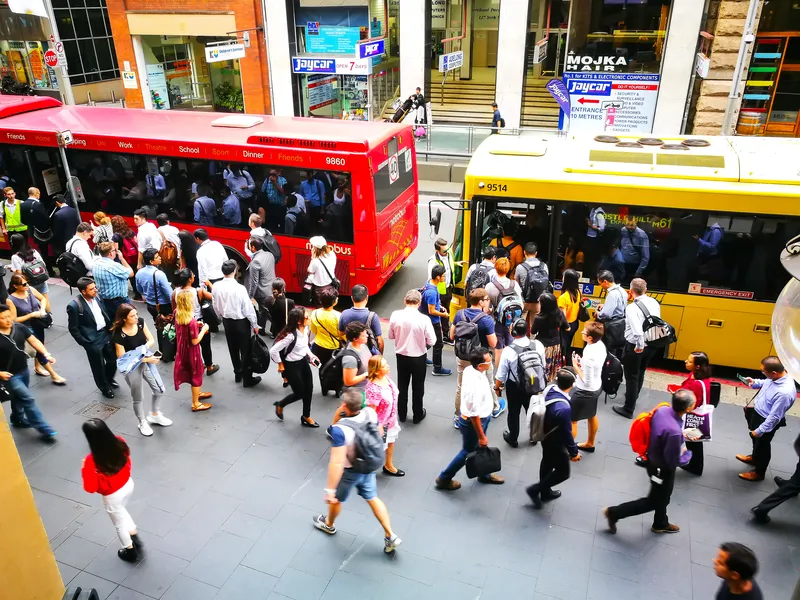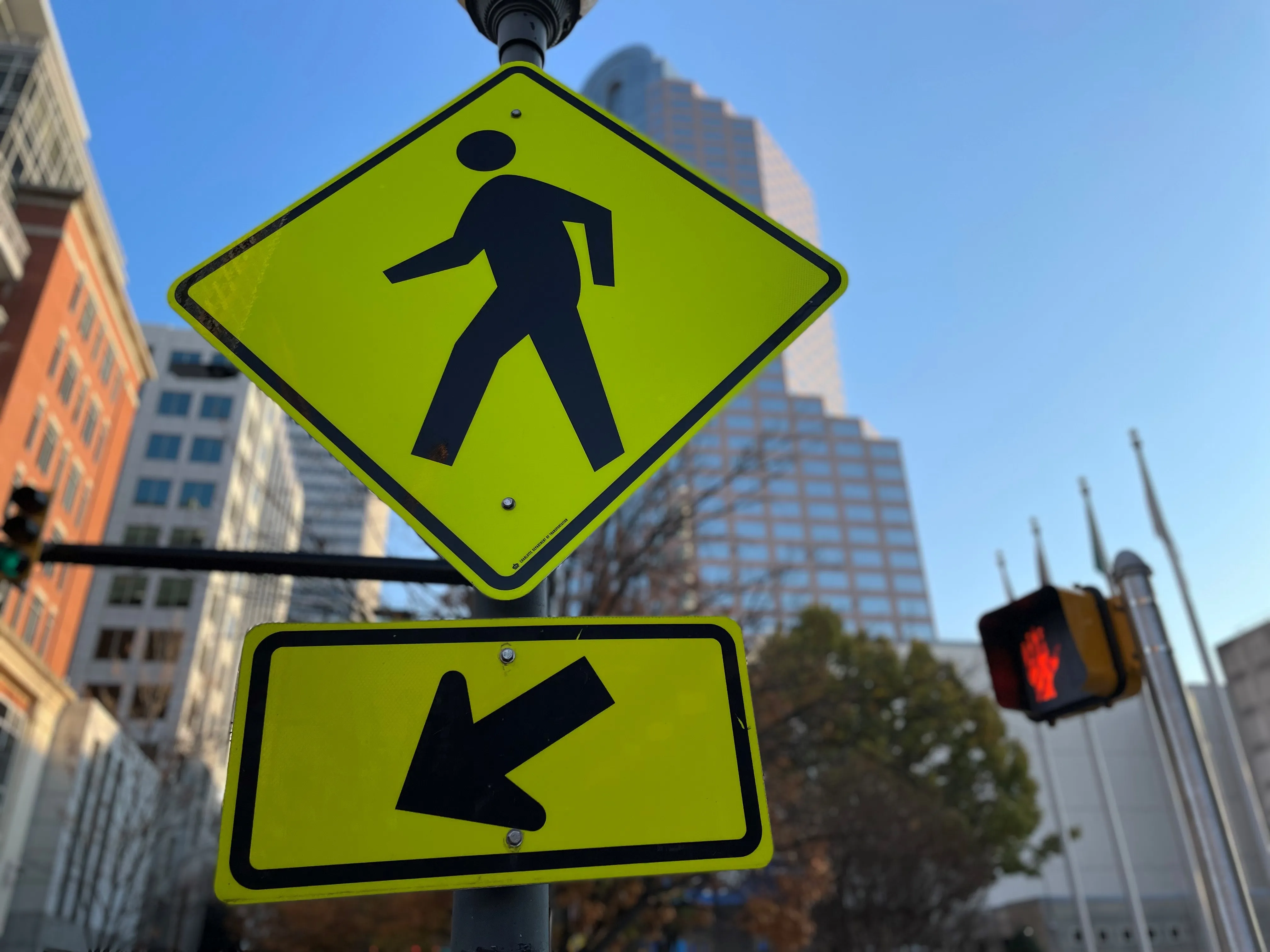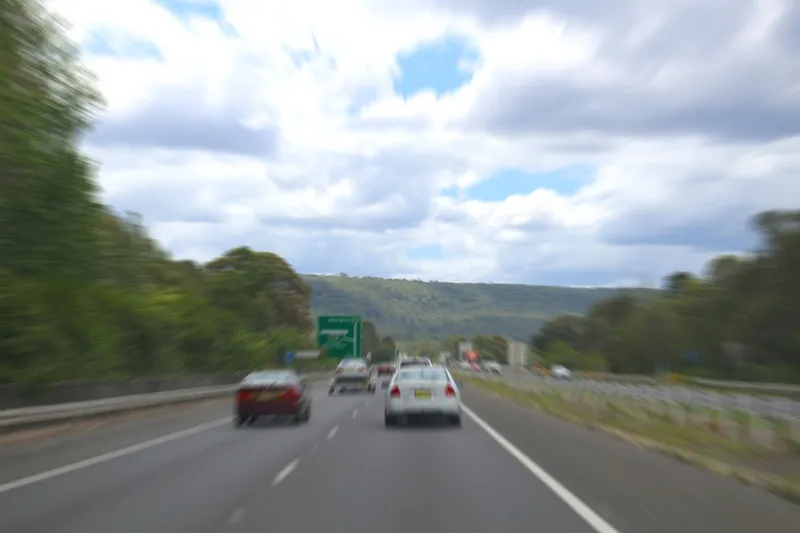
New South Wales is trialling the use of buses equipped with sensors to predict the rate of road deterioration in order to prioritise road maintenance.
Under the US$1.97 million scheme, called Asset AI, currently 32 public transport buses in the Greater Sydney area each have a camera and sensor.
The technology can be combined with local weather observations to predict the rate of deterioration, according to a statement by the New South Wales government.
The joint initiative by Transport for NSW and the Roads and Transport Directorate includes the technology being mounted onto garbage trucks.
Sam Farraway, minister for regional transport and roads, also said data is being collected outside of the city by a utility vehicle mounted with cameras scanning 100km of rural roads across the state. “We will have it out collecting data along the Great Western Highway between Lithgow and Bathurst, the Sturt Highway near Wagga Wagga and around Spring Ridge in the Upper Hunter.”
Natalie Ward, minister for metropolitan roads, said technology is revolutionising road maintenance across the state. “It’s a brilliant use of resources already on our roads. Mounting cameras and sensors onto vehicles with regular routes, like garbage trucks and public transport buses, ensures road defects are captured incidentally, including those un-reported by residents,” she said.
The NSW government says it is delivering the largest transport infrastructure programme in Australia, a US$52.15 billion of investment over four years for projects including Sydney Metro, light rail, motorways and road upgrades that will shape the state’s cities, centres and communities for generations to come.










